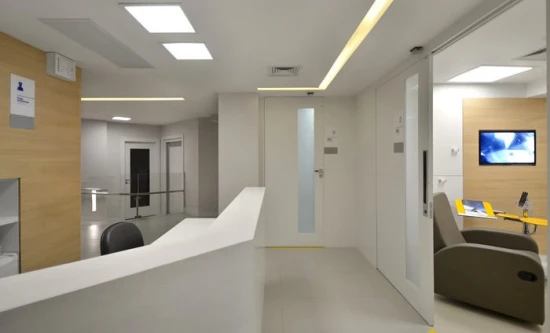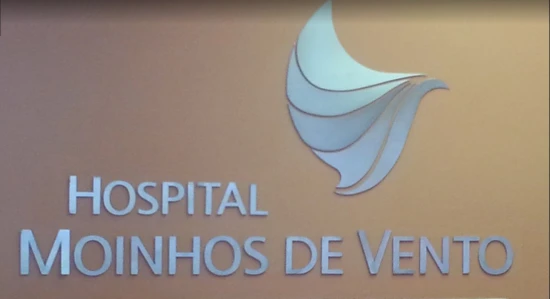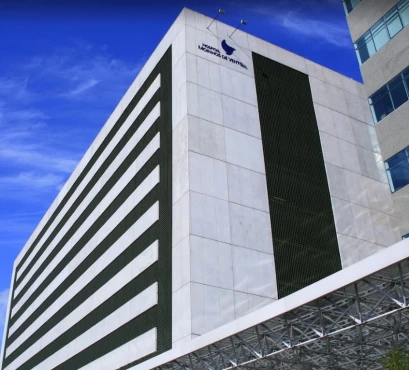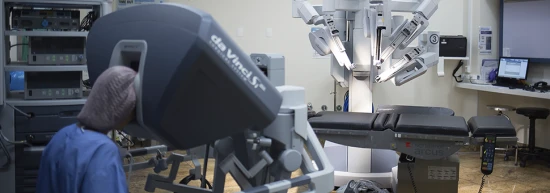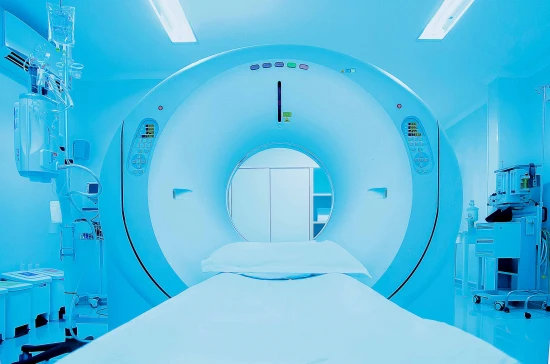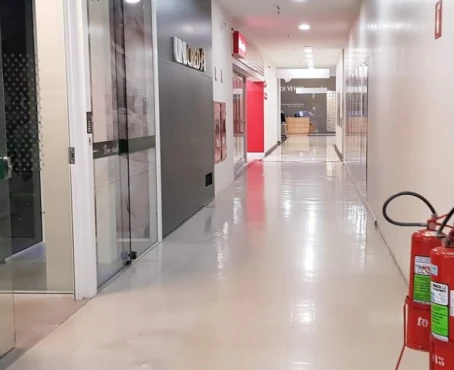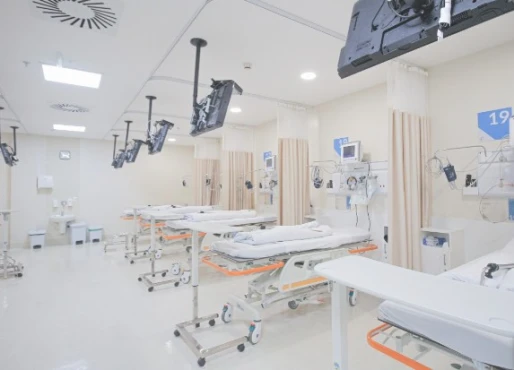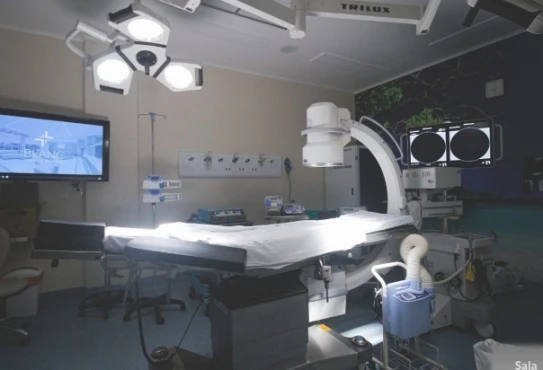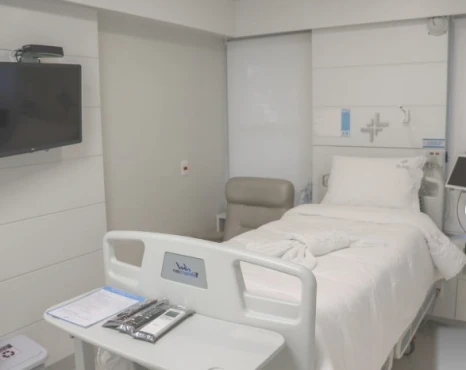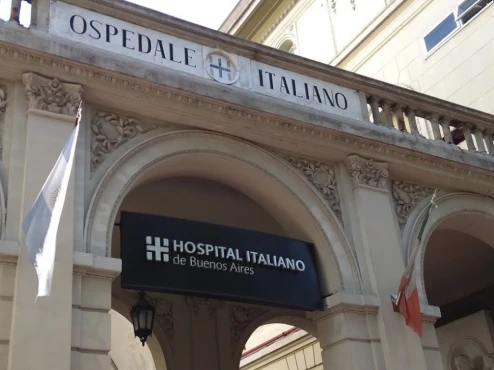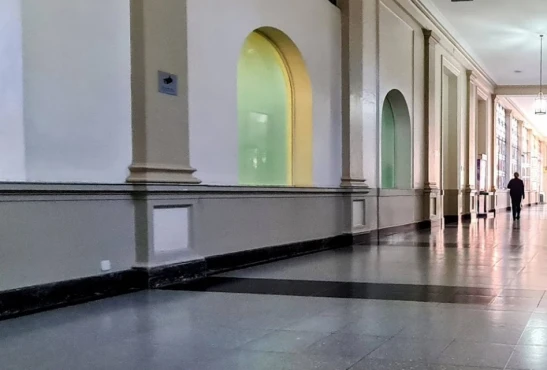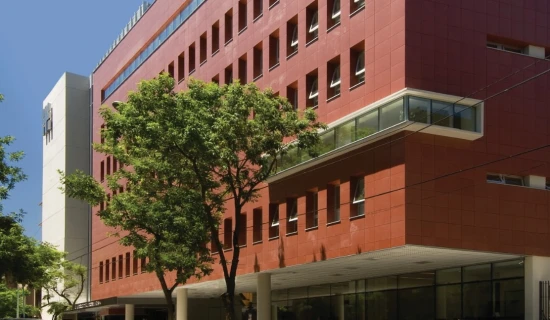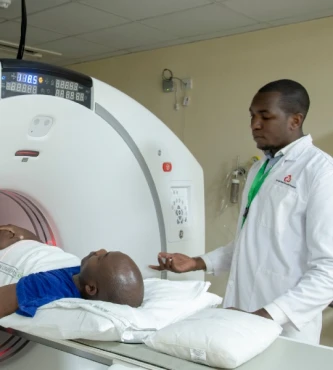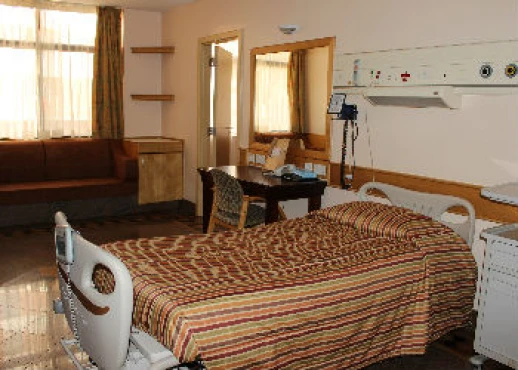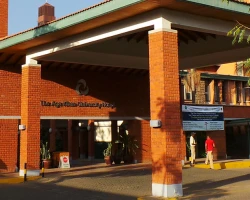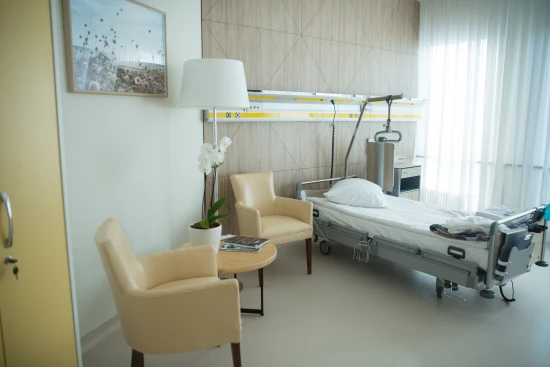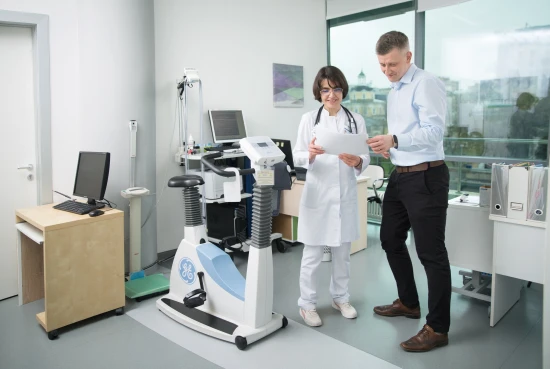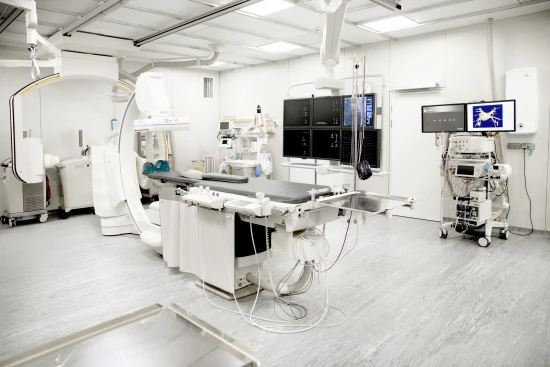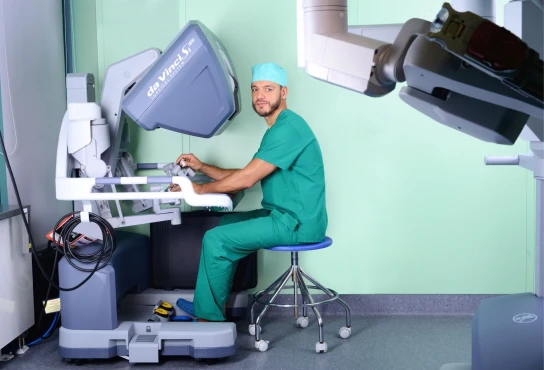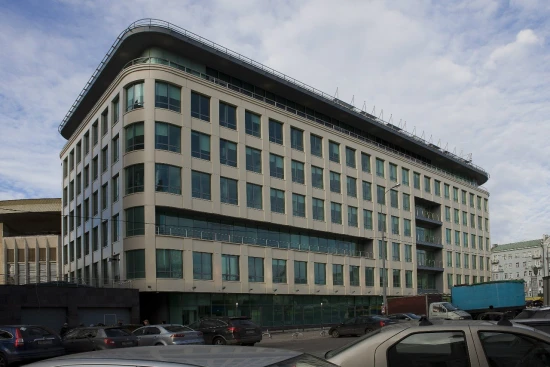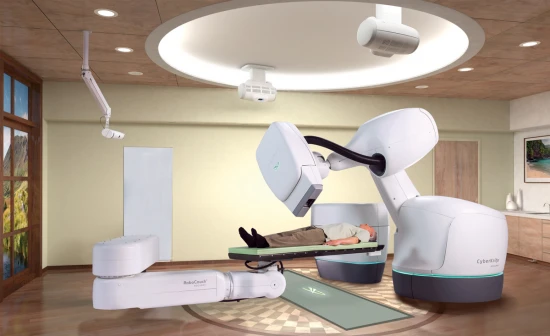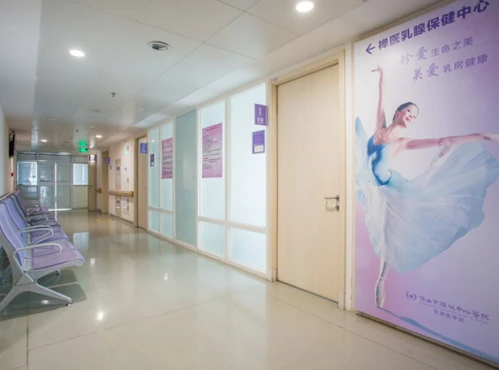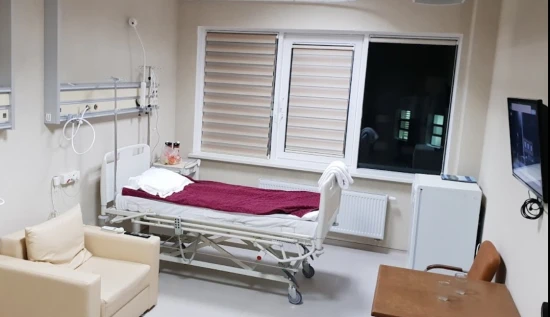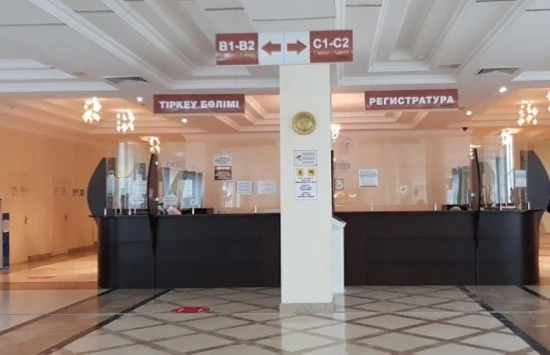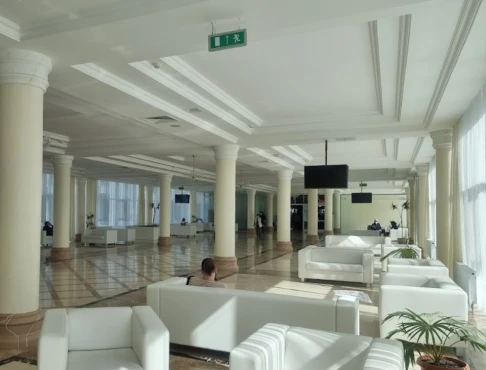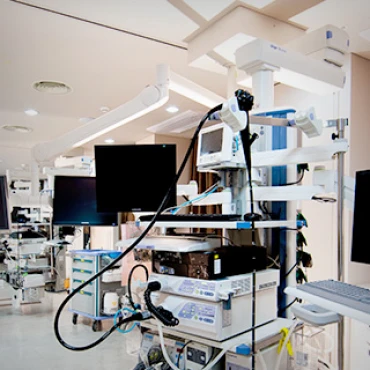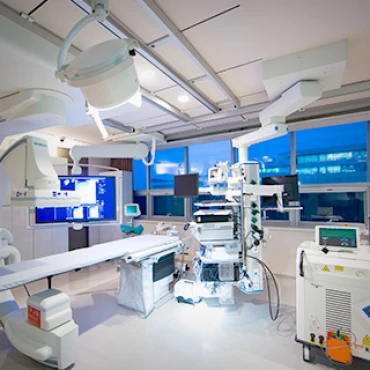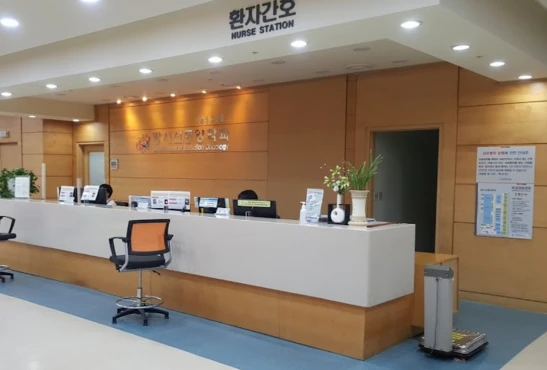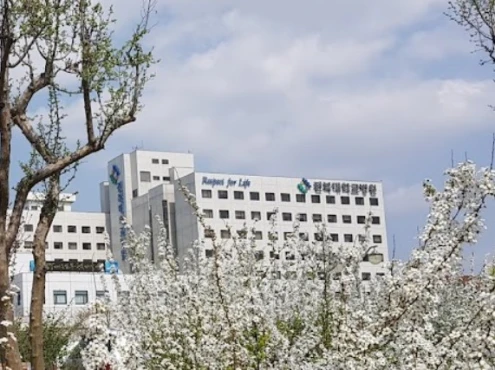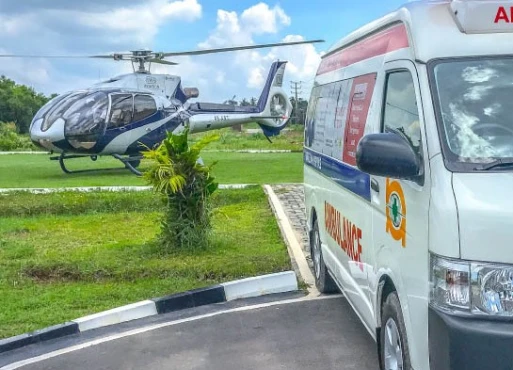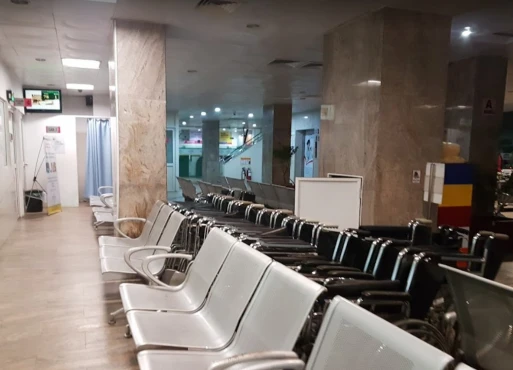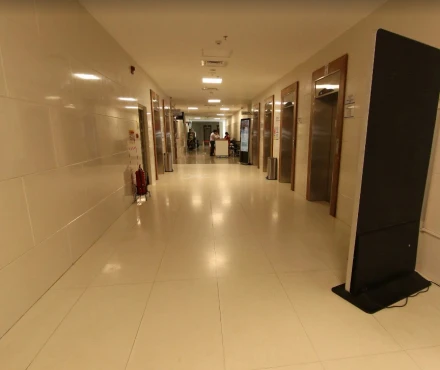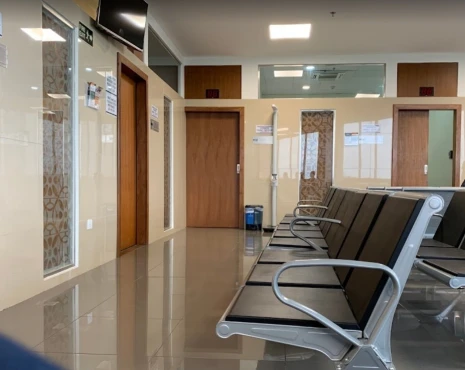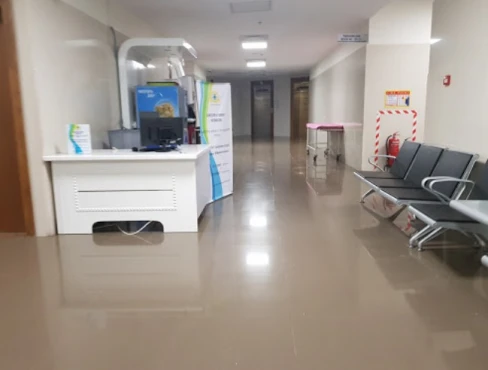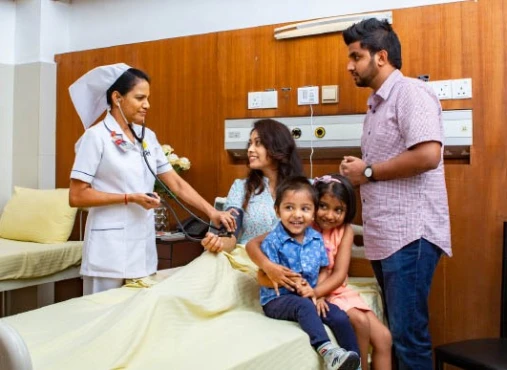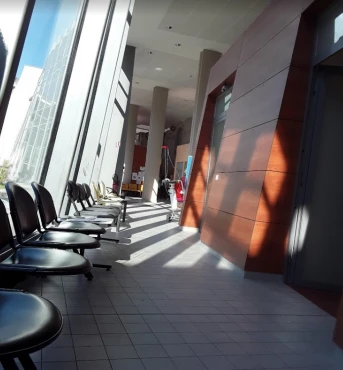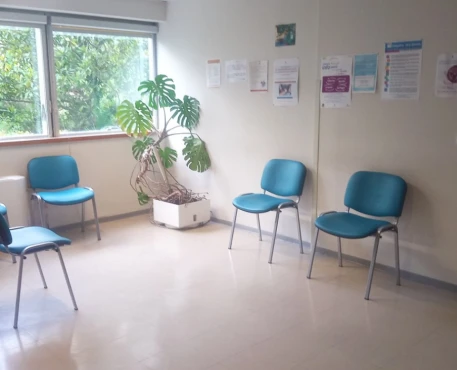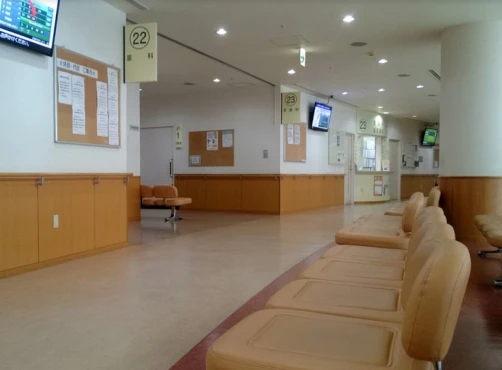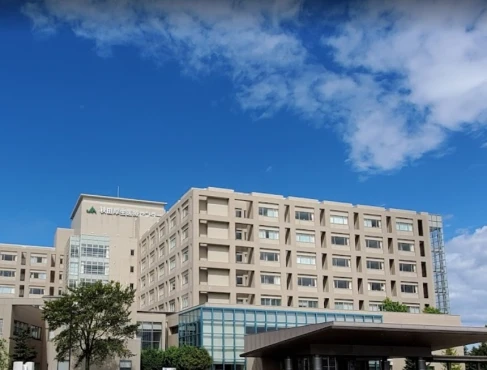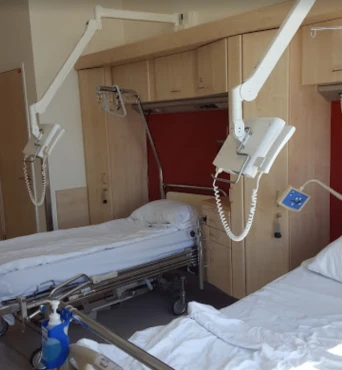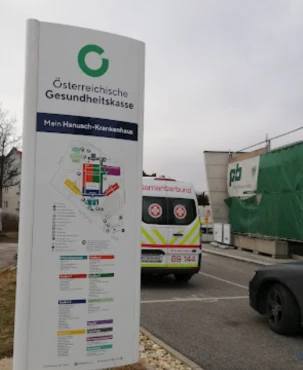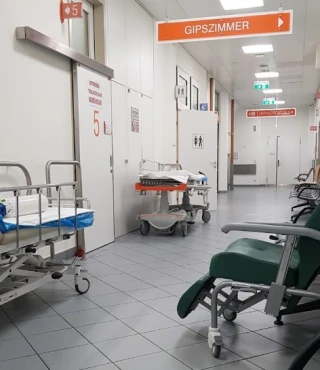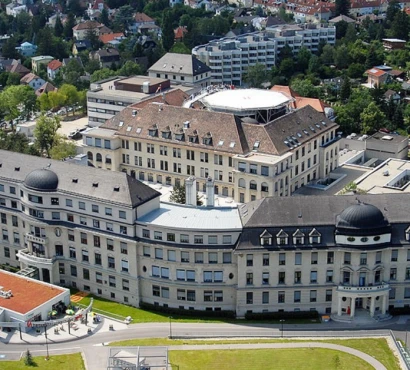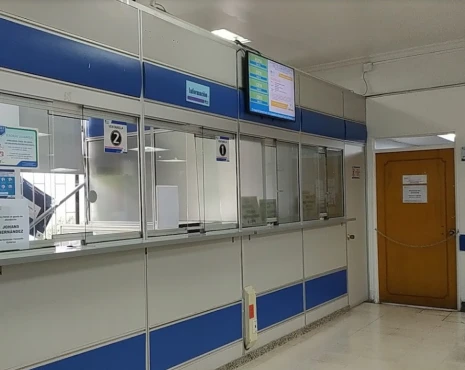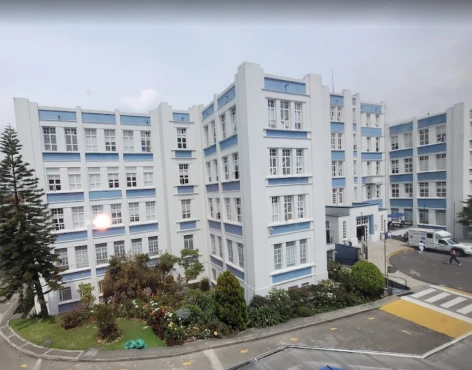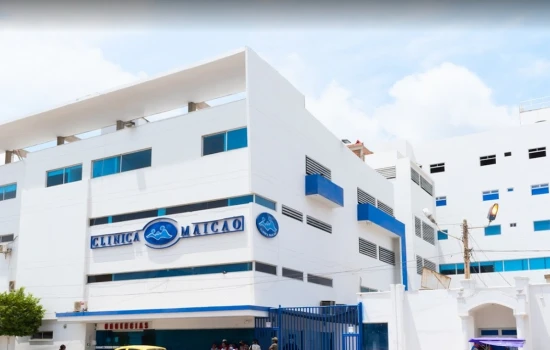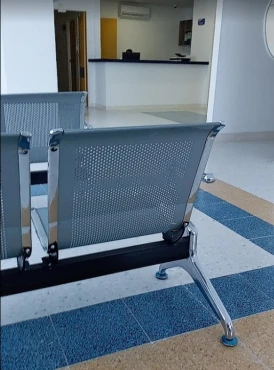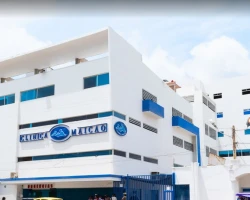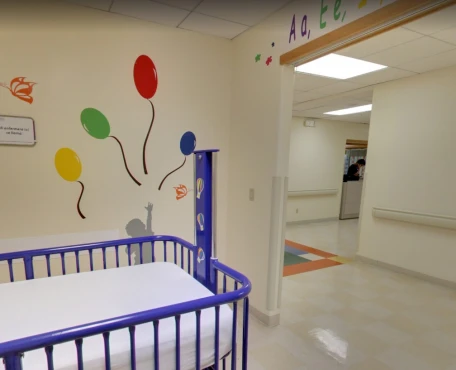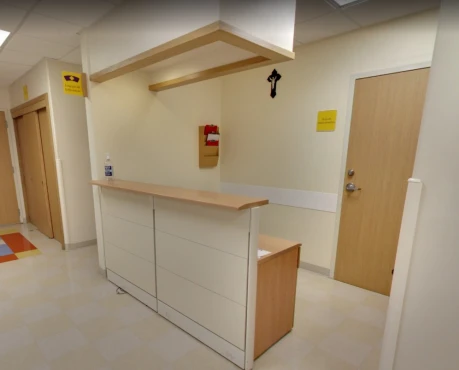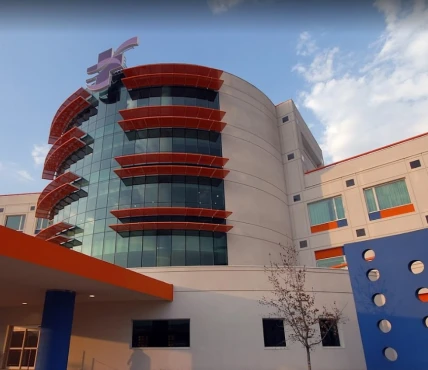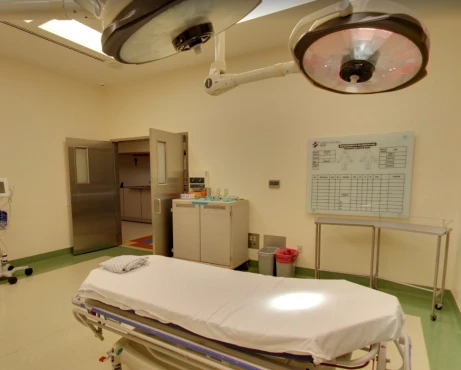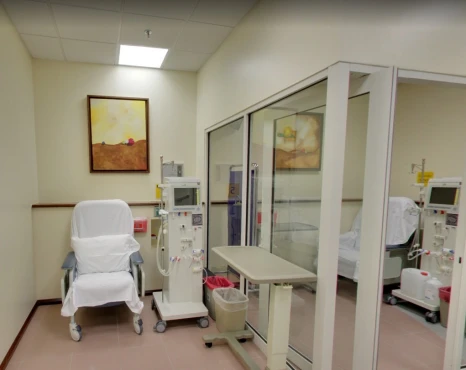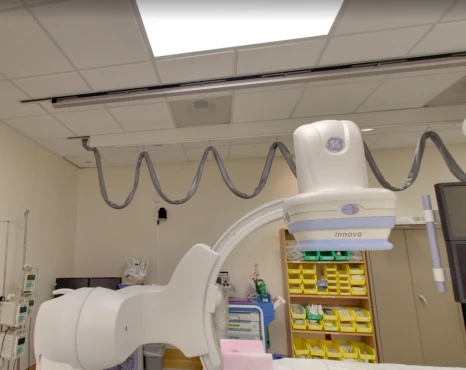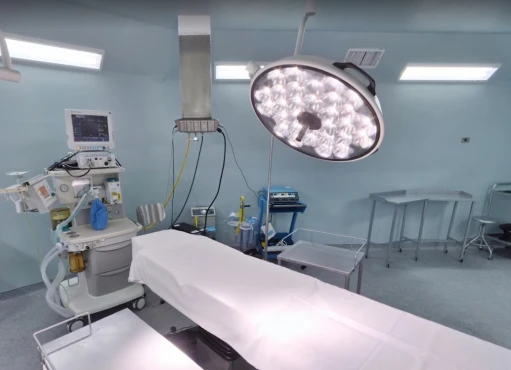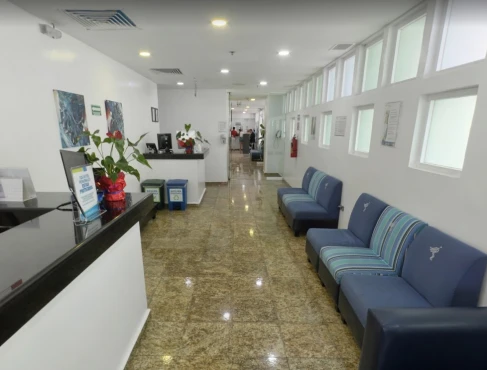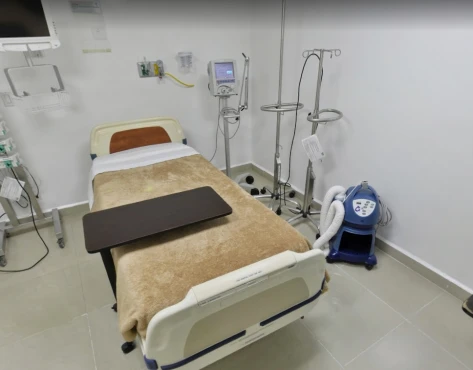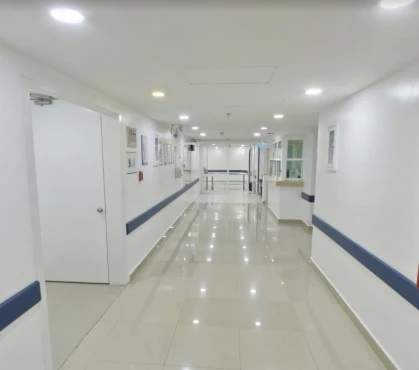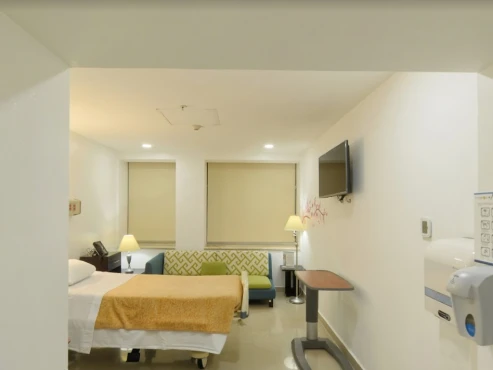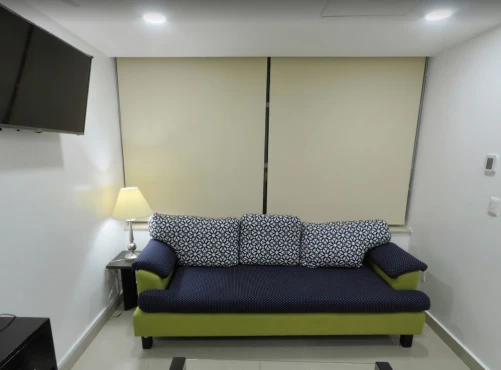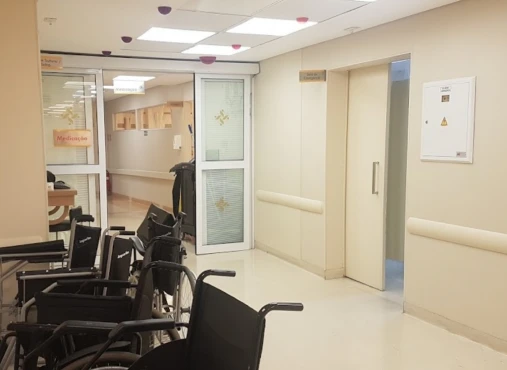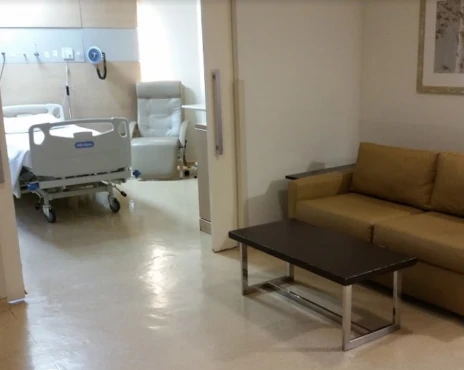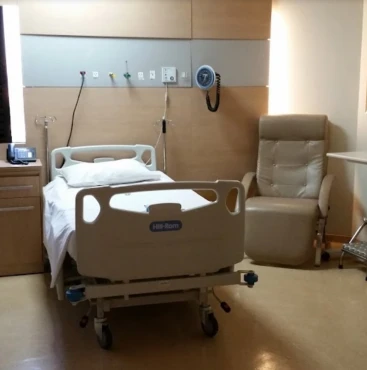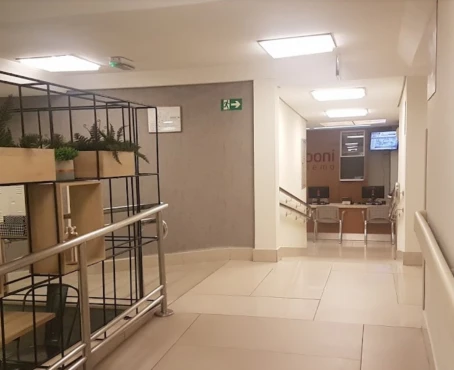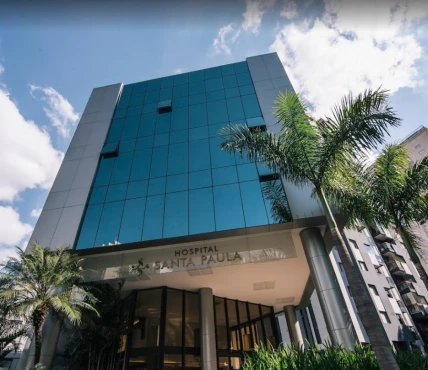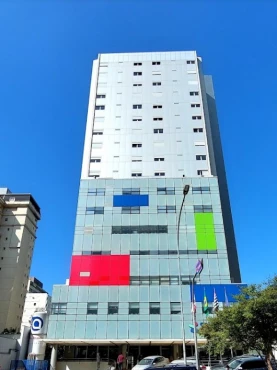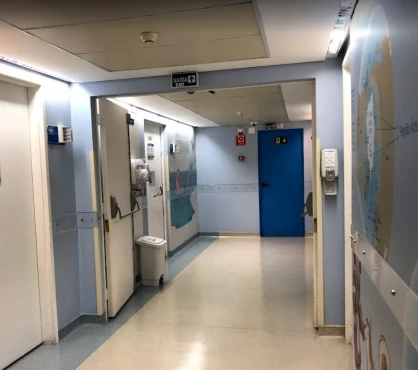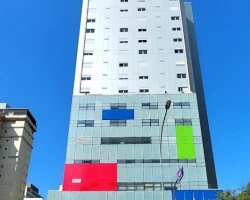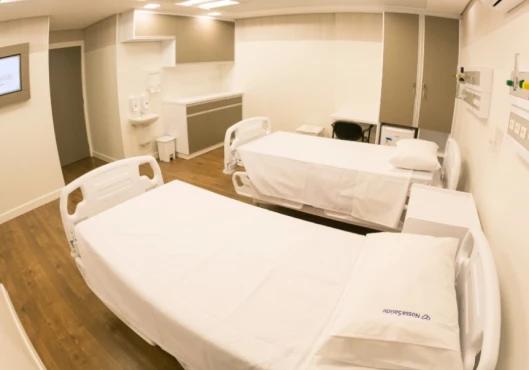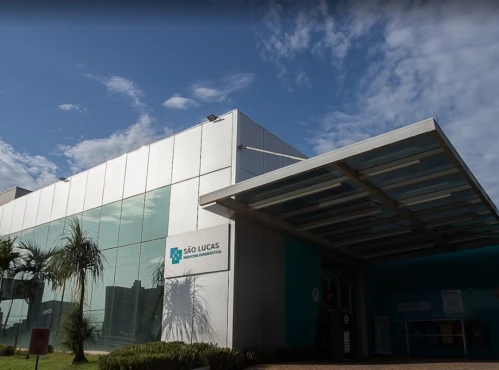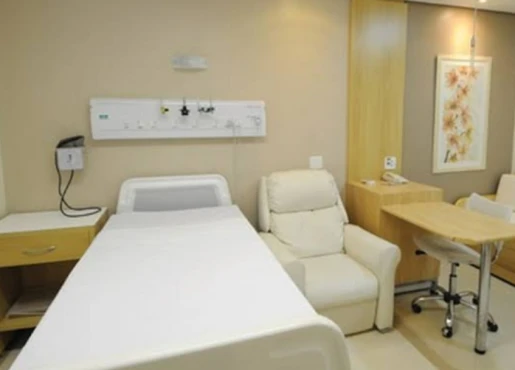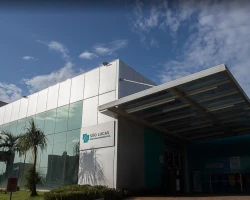Pulmonary valve stenosis treatment in 560 Cardiac surgery clinics worldwide
560 clinics specializing in Cardiac surgery providing treatment of Pulmonary valve stenosis Pulmonary valve stenosis is a heart condition where the pulmonary valve becomes narrowed, restricting blood flow from the right ventricle to the pulmonary artery. This can lead to increased pressure in the right side of the heart and reduced blood flow to the lungs. disease worldwide.
Sorted by:
Relevance
Rating
Relevance
Prices for popular procedures:
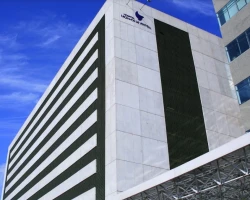
Porto Alegre, Brazil
Specializations: Cardiac surgery, Vascular surgery, Thoracic surgery, Neurosurgery, Spine surgery, Orthopedic surgery, Oncology
Patient-centered care and value based on clinical outcomes are some of the premises that guide the work of Hospital Moinhos de Vento, since its inauguration
read more
Prices for popular procedures:

São Paulo, Brazil
Specializations: Cardiac surgery, Vascular surgery, Neurosurgery, Spine surgery, Orthopedic surgery, Oncology
Languages: English, Portuguese
Safe environment, with high technology combined with efficiency and sustainability. At Blanc, it is possible to carry out procedures, hospitalize and provide a solution complete
read more
Prices for popular procedures:
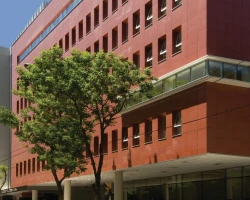
Buenos Aires, Argentina
Specializations: Cardiac surgery, Vascular surgery, Thoracic surgery, Neurosurgery, Spine surgery, Orthopedic surgery, Oncology
Founded in 1853 by the Italian Benevolent Society in Buenos Aires, the Italian Hospital of Buenos Aires is a non-profit civil association dedicated to general
read more
Prices for popular procedures:
Prices for popular procedures:
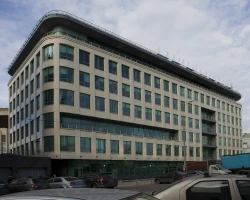
Moscow, Russia
Specializations: Cardiac surgery, Vascular surgery, Thoracic surgery, Neurosurgery, Spine surgery, Orthopedic surgery, Oncology
Languages: Chinese, English, French, Hebrew, Hebrew, German, Arabic
We have collected a unique team of experts – more than 600 doctors from USA, Western Europe, Israel and Russia work together for patients’ good.
read more
Prices for popular procedures:

Foshan, China
Specializations: Cardiac surgery, Vascular surgery, Thoracic surgery, Neurosurgery, Spine surgery, Orthopedic surgery, Oncology
Foshan Fosun Chancheng Hospital (formerly Foshan Chancheng Central Hospital, referred to as "Foshan Chan Doctor"), established in 1958, is located in the center of the
read more
Prices for popular procedures:

Astana, Kazakhstan
Specializations: Cardiac surgery, Vascular surgery, Neurosurgery, Spine surgery, Orthopedic surgery, Oncology
Languages: English, Kazakh, Russian
The Medical Centre Hospital of the President’s Affairs Administration of the Republic of Kazakhstan - advanced health care facility delivering highly qualified secondary and tertiary
read more
Prices for popular procedures:

Seoul, South Korea
Specializations: Cardiac surgery, Vascular surgery, Thoracic surgery, Neurosurgery, Spine surgery, Orthopedic surgery, Oncology
Languages: Chinese, English, Russian
Konkuk University Medical Center (KUMC) is committed to high quality medical treatment, as well as continuous education and research, based on the founding spirit of
read more
Prices for popular procedures:

Jeonju, South Korea
Specializations: Cardiac surgery, Vascular surgery, Thoracic surgery, Neurosurgery, Spine surgery, Orthopedic surgery, Oncology
The Chon-buk National University Hospital to be responsible to public health in Jeonbuk from provincial hospital area practices medicine of love steadily Medical services with
read more
Prices for popular procedures:

Colombo, Sri Lanka
Specializations: Cardiac surgery, Vascular surgery, Neurosurgery, Spine surgery, Orthopedic surgery, Oncology
Providing access to the State-of-Art diagnostic and treatment technologies is a hallmark of Nawaloka Hospital. Driven by our Vision to be the Hospital of Tomorrow
read more
Prices for popular procedures:

Pierre-Bénite, France
Specializations: Cardiac surgery, Vascular surgery, Thoracic surgery, Neurosurgery, Spine surgery, Orthopedic surgery, Oncology
Lyon Sud Hospital is a hospital-university campus that extends over 80 hectares, associated with the Lyon-Sud Faculty of Medicine and the Clémenceau nursing training institute.
read more
Prices for popular procedures:
Prices for popular procedures:
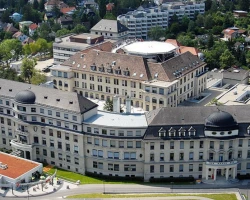
Vienna, Austria
Specializations: Cardiac surgery, Vascular surgery, Thoracic surgery, Neurosurgery, Spine surgery, Orthopedic surgery, Oncology
The Hanusch Hospital is a specialist hospital in Vienna-Penzing. In the health network , it works closely with the outpatient health centers of the Austrian
read more
Prices for popular procedures:

Bogota, Colombia
Specializations: Cardiac surgery, Vascular surgery, Thoracic surgery, Neurosurgery, Spine surgery, Orthopedic surgery, Oncology
We are a High and Medium Complexity Health Services Company, a reference center for the Department of Cundinamarca, head of the network of 37 hospitals
read more
Prices for popular procedures:
Prices for popular procedures:
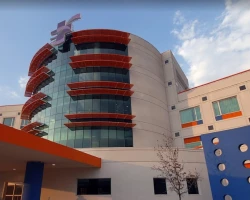
Monterrey, Mexico
Specializations: Cardiac surgery, Vascular surgery, Thoracic surgery, Neurosurgery, Spine surgery, Orthopedic surgery, Oncology
Languages: English
South Hospital From General Medical Consultation and with a Specialist to highly specialized treatments, at Hospital Sur we take care of you Committed to the
read more
Prices for popular procedures:

Cancún, Mexico
Specializations: Cardiac surgery, Vascular surgery, Thoracic surgery, Neurosurgery, Spine surgery, Orthopedic surgery, Oncology
Languages: English
Amerimed® is the network of hospitals located in the main tourist destinations in Mexico, and the first organization specialized in medical tourism in the country,
read more
Prices for popular procedures:
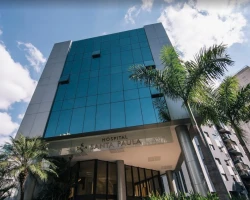
São Paulo, Brazil
Specializations: Cardiac surgery, Vascular surgery, Thoracic surgery, Neurosurgery, Spine surgery, Orthopedic surgery, Oncology
The Santa Paula Hospital was founded in 1958 as the Santa Paula Emergency Room, serving mainly Inamps patients until 1987. Today it has a physical
read more
Prices for popular procedures:
Prices for popular procedures:
Clinics grouping by rating
Clinic with the highest rating of 5 — Clinical Hospital Lapino in Moscow, Russia and 5 more, clinic with the most reviews number of 35757 — Aster CMI hospital in Bengaluru, India.
With rating 4.0 and over — 200 clinics .
Countries with the highest number of clinics treating the diseases:
Pulmonary valve stenosis:
worldwide
560 clinics
India
38 clinics
Brazil
32 clinics
Germany
29 clinics
Turkey
29 clinics
Colombia
25 clinics
Related procedures:
Procedures are likely to be used for Pulmonary valve stenosis treatment:
Balloon valvuloplasty,
Open commissurotomy,
Open pulmonary valvotomy,
Percutaneous balloon pulmonary valvuloplasty (PBPV),
and
Transcatheter pulmonary valve replacement (PVR)
.
